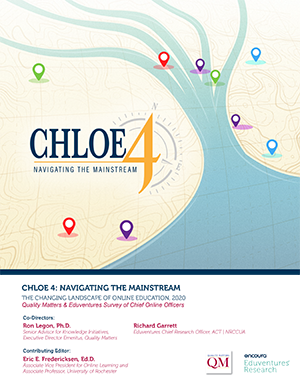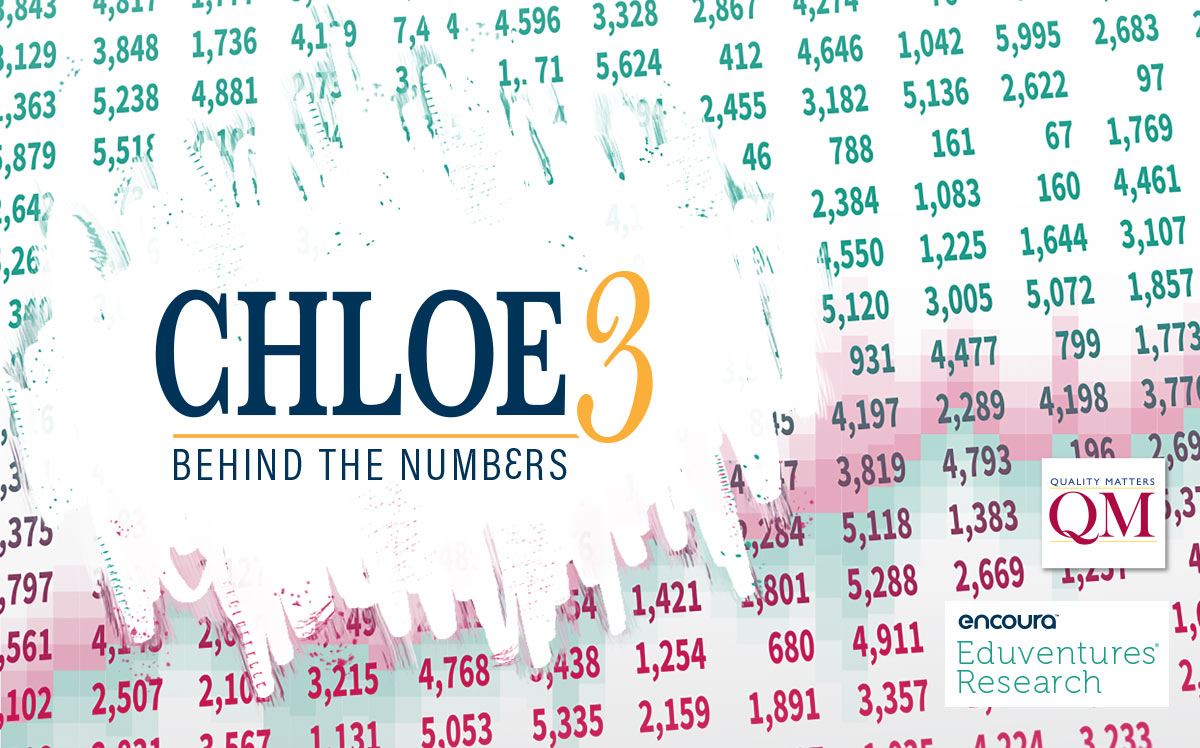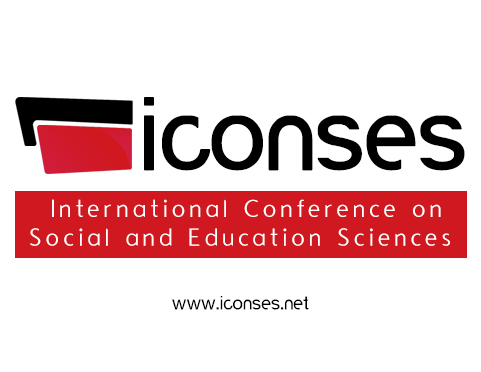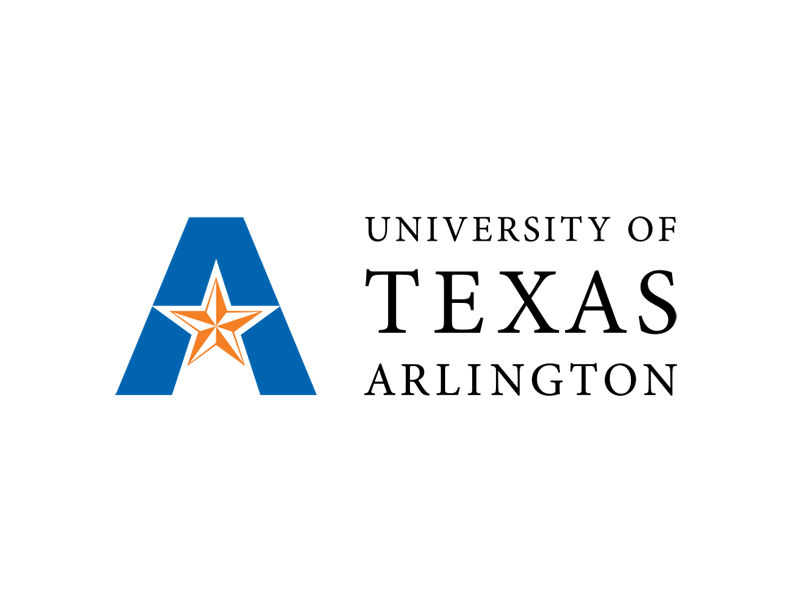2020 CHLOE 4 Report: The Changing Landscape of Online Education (CHLOE): Navigating the Mainstream (https://www.qualitymatters.org/qa-resources/resource-center/articles-resources/CHLOE-4-report-2020)


2020 CHLOE 4 Report: The Changing Landscape of Online Education (CHLOE): Navigating the Mainstream (https://www.qualitymatters.org/qa-resources/resource-center/articles-resources/CHLOE-4-report-2020)

Instructional Connections wants to give back to our partners and help create a better educational experience for all. Which is why we are pleased to announce our 2nd round of research grants totaling in at over $33,000 are open for submissions and will be awarded to 4 partner institutions in the coming quarter.
Our research grant opportunities are for research around the efficacy of Academic Coaching Models in an accelerated course environment across a variety of disciplines. Our ultimate goal is to improve and advance the understanding of online learning and how academic coaching can continue to improve the learning experience for all students.
These research grants reflect our high commitment to innovation in education and working to provide better and move inclusive options for all students, faculty, and institutions.
Principal Investigator Contact Information: We request that you provide complete contact information of the principal investigator at the beginning of your application.
Employment and Educational Credential Information: Include your institute, job title, and educational credentials in order to be considered for our research grant. Only partner institutions are eligible.
CV Submission: Please provide your curriculum vitae, showing the course of your work throughout your professional life. This can range from 2-6 pages and should be detailed enough that its viewer can understand the direction and advancements of your career path.
Research Interests and Methodologies: Include a detailed section that summarizes your research accomplishments, current work, and future direction or potential for your work. Your future research interests may discuss specific issues or broad categories.
Proposal Summary: Please provide a concise proposal summary in which you overview your research. Your research proposal summary can be similar to a research proposal abstract.
Proposed Budget Allocation: Indicate how you plan on spending your research grant, if you should receive it, allowing for categories and the amount of your budget that will be used in each.
Proposal Submission: Please submit your full proposal, explaining your purpose, methodology, timeline (preferred under 1-year), and other pertinent facts that will affect your research.
Signature/Submit: Please sign your proposal and submit it by no later than May 30th, 2020.
Additional proposal submission instructions can be found on the IC Budget Policy and IC Grant FAQs pages.
Each of the criteria will be given a point value from 1-20 points. A maximum point value of 100 points can be assigned for any given proposal.
A committee of academic peers and Instructional Connections officers will review each proposal. Each committee member will submit their individual scores, which will then be averaged.
Once the decision is made, Instructional Connections will contact the grant awardee. Award decisions are conveyed within six weeks of the award committee completion of the review process.
Once the grant is disbursed to the institution, your time frame for the research begins. If an extension of time is required for completion of the research, you will need to submit a request in writing to IC at least three months prior to the end of the original date of completion, with a full explanation for why the extension is required.
Current employees (full-time, part-time or independent contractors) of Instructional Connections are ineligible to apply for grants.
Questions about the grant process can be directed to: Dr. Harriet Watkins, Chief Academic Officer at [email protected].
Or visit our website to learn more about Instructional Connections, our grants, and our online academic coaches.

2019 CHLOE 3 Report: The Changing Landscape of Online Education (CHLOE): Behind the Numbers (https://www.qualitymatters.org/qa-resources/resource-center/articles-resources/CHLOE-3-report-2019)

Louisiana State University Shreveport, presents early research findings on academic coaching at international ICONSES Conference. https://www.2019.iconses.net/fulltext/pdf/IConSES050.pdf

The peer reviewed Journal of Nursing Education recently published an article from the University of Texas at Arlington regarding the characteristics of coaches in accelerated online courses. The article researches the demographic composition of academic coaches in RN-to-BSN programs and examines the associations between coaching experience, years of licensure, and level of education and evaluations by faculty and students. The results were positive showing that academic coaches assist in providing a high quality educational experience for students and support to faculty.
Click more info to read the Article [More Info]

The University of Louisiana at Lafayette recently had an article published in the Journal of Teaching and Learning in Nursing, entitled “Use of academic coaches to promote student success in online nursing programs.” The article highlights the benefits of using academic coaches in courses to meet the needs of students in their nursing program.
Click More Info to read the Article [More Info]